HEARING LOSS
Noise-Induced Hearing Loss: What You Should Know About
By Team Hearzap | June 23, 2025
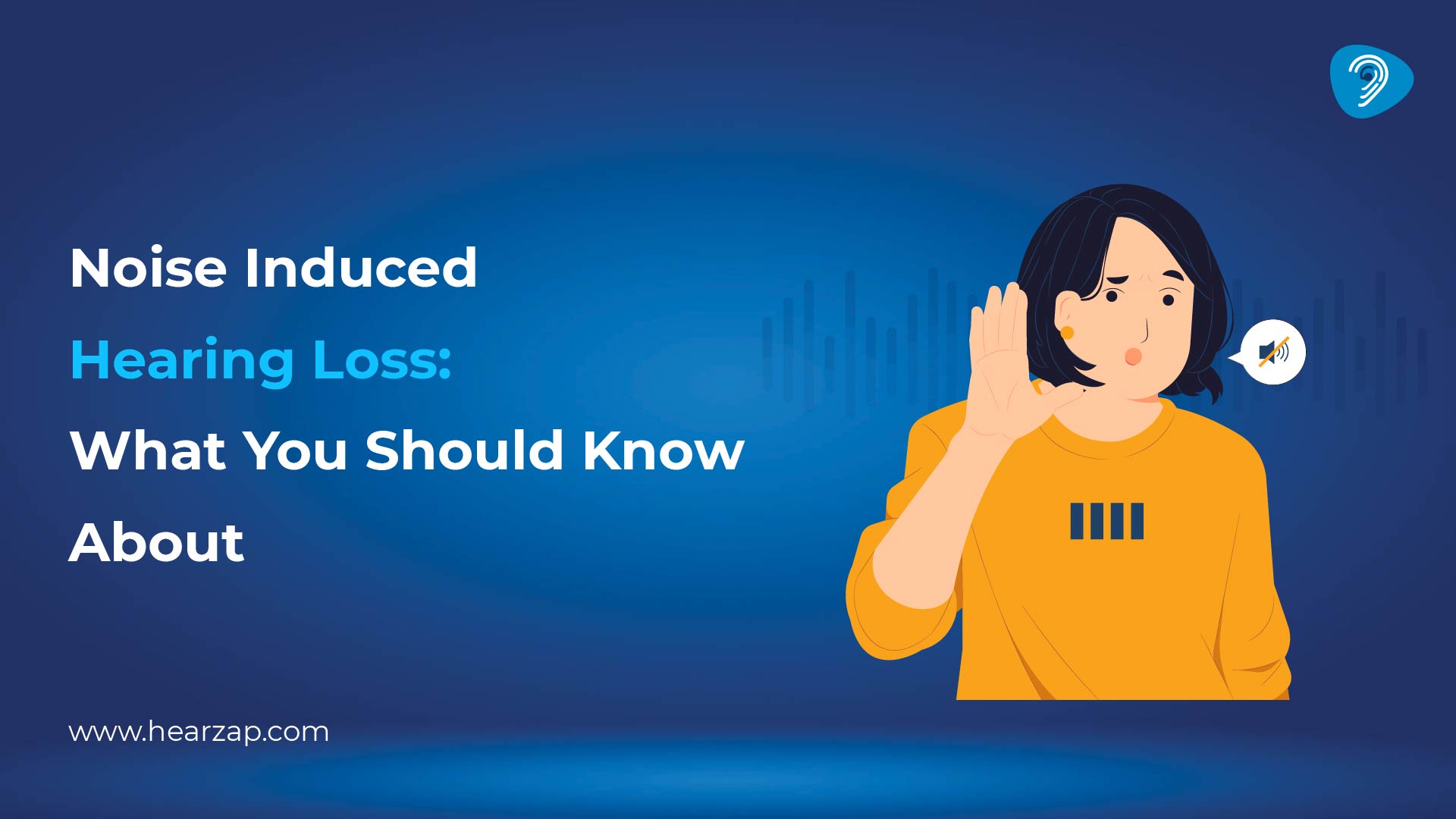
You might not realise it, but every time you crank up the volume, stand close to a speaker, or walk past a blaring horn, your ears are taking a hit. It might feel harmless in the moment, but over time, it adds up. That ringing, that dull ache in your ears, it’s not just annoying. It could be a warning sign of NIHL, or noise-induced hearing loss. Let’s walk through what NIHL hearing really means, what causes it, and how you can protect yourself (and your loved ones) from long term damage.
What Is Noise-Induced Hearing Loss?
What is noise-induced hearing loss? Simply put, it’s a type of hearing damage caused by exposure to loud sounds. This can happen gradually over time or suddenly due to a one-time blast of sound. Think of concerts, construction zones, headphones at full volume, or even noisy traffic. These everyday sounds can damage the tiny hair cells in your inner ear that help you hear clearly. Once those hair cells are damaged, they don’t grow back. That’s what makes NIHL permanent and why prevention matters so much.
The Full Form of NIHL?
In case you’re wondering, NIHL full form stands for “Noise-Induced Hearing Loss.” It’s one of the most preventable types of hearing loss out there, yet millions of people experience it because loud noise is part of everyday life.
What Causes NIHL?
There are two types of acoustic trauma that can lead to ear damage from loud noise:
- Sudden exposure: A firecracker going off near your ear, a gunshot, or a loudspeaker too close at a party. Just one moment like this can cause serious damage.
- Long-term exposure: Listening to music too loudly for hours a day or working in a loud environment without protection. Over time, this slowly chips away at your hearing.
In both cases, the outcome is the same. Damaged hearing that doesn’t come back.
Can Ears Heal After Loud Noises?
You might be asking, can ears heal after loud noises? The answer is tricky. If your ears feel blocked or you're hearing a ringing sound (called tinnitus) after a noisy event, it's possible your hearing will return to normal in a day or two. But repeated exposure or a single extremely loud sound can cause permanent loss. That’s why it’s important not to ignore signs of ear damage from loud noise, no matter how minor they seem.
How Long Will Ears Hurt After Loud Noise?
This depends on how much noise your ears were exposed to and for how long. You might notice discomfort, pressure, or ringing for a few hours or even a few days. If you’re wondering how long will ears hurt after loud noise, and the discomfort doesn’t go away, it’s best to get a hearing check done. Persistent symptoms could signal early stages of NIHL hearing.
Everyday Situations That Can Put You at Risk
You don’t need to be at a rock concert to be at risk. Common activities that contribute to noise pollution may cause partial hearing impairment, especially if they’re part of your daily routine, include:
- Using headphones or earbuds at high volume
- Long commutes in traffic
- Attending weddings or events with loud music
- Working in noisy settings like factories or airports
- Living in urban environments with constant traffic and construction
Even using a hairdryer or blender without thinking twice can affect your ears over time. It adds up, and your ears remember.
How to Prevent NIHL?
Here’s the good news: NIHL is preventable. Protecting your hearing doesn’t mean giving up your favorite music or staying indoors. It just means being a little more mindful.
- Lower the volume. Keep your devices at 60% or less.
- Use noise-cancelling headphones to avoid turning the volume up in noisy places.
- Wear earplugs in loud environments.
- Take listening breaks. Give your ears time to rest.
- Get regular hearing checks—especially if you work or live in loud environments.
The sooner you start protecting your hearing, the longer it will last.
Your Hearing Is Worth Protecting
Noise induced hearing loss doesn’t always show up right away. It creeps in slowly, making it harder to notice until it’s too late. If you’ve been exposed to loud environments or have symptoms like ringing, pressure, or muffled sounds, it’s time to take it seriously. Remember, your ears weren’t made for constant noise exposure. By understanding NIHL, recognising the signs of ear damage from loud noise, and knowing how long ears hurt after loud noise is a warning, you’re taking steps to protect one of your most important senses. So the next time you're tempted to turn the volume up, pause for a second. Your future self will thank you.
Also Read: Prevent Noise Induced Hearing Loss at Work
How Noise Reduction Hearing Aids Help Senior Citizens
Related Blogs
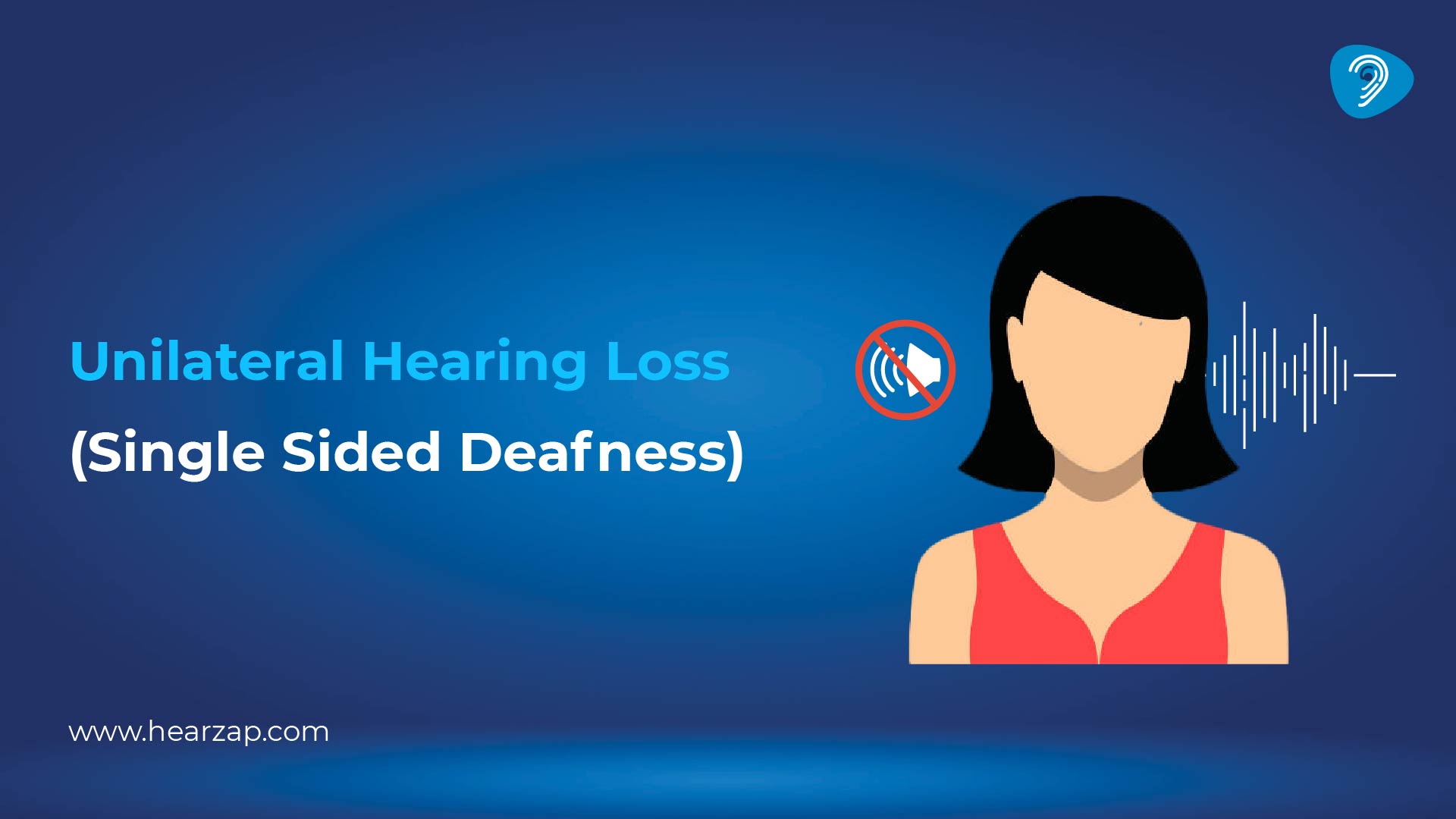
Unilateral Hearing Loss (Single-Sided Deafness)
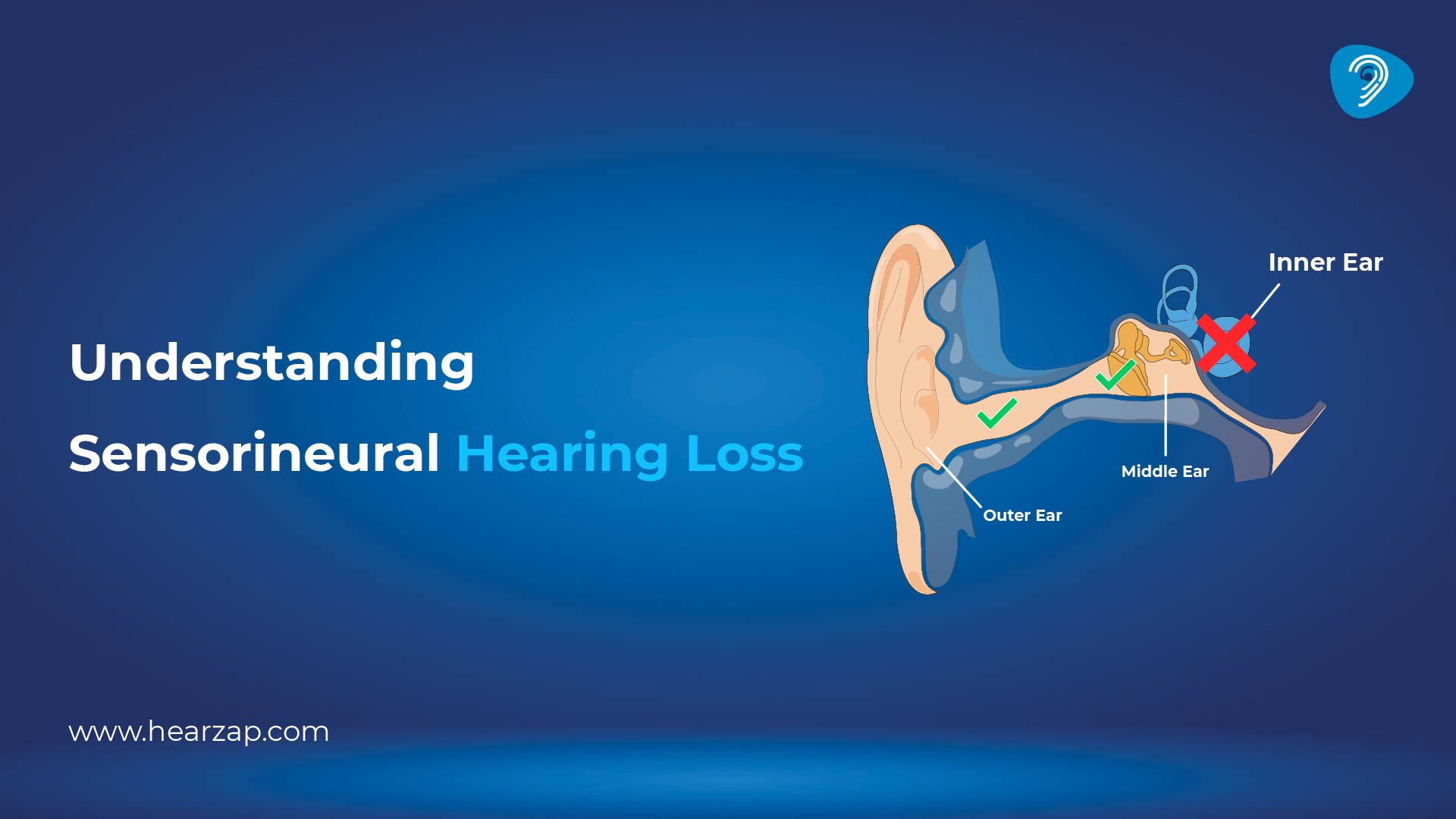
Sensorineural Hearing Loss: Symptoms, Causes & Treatment
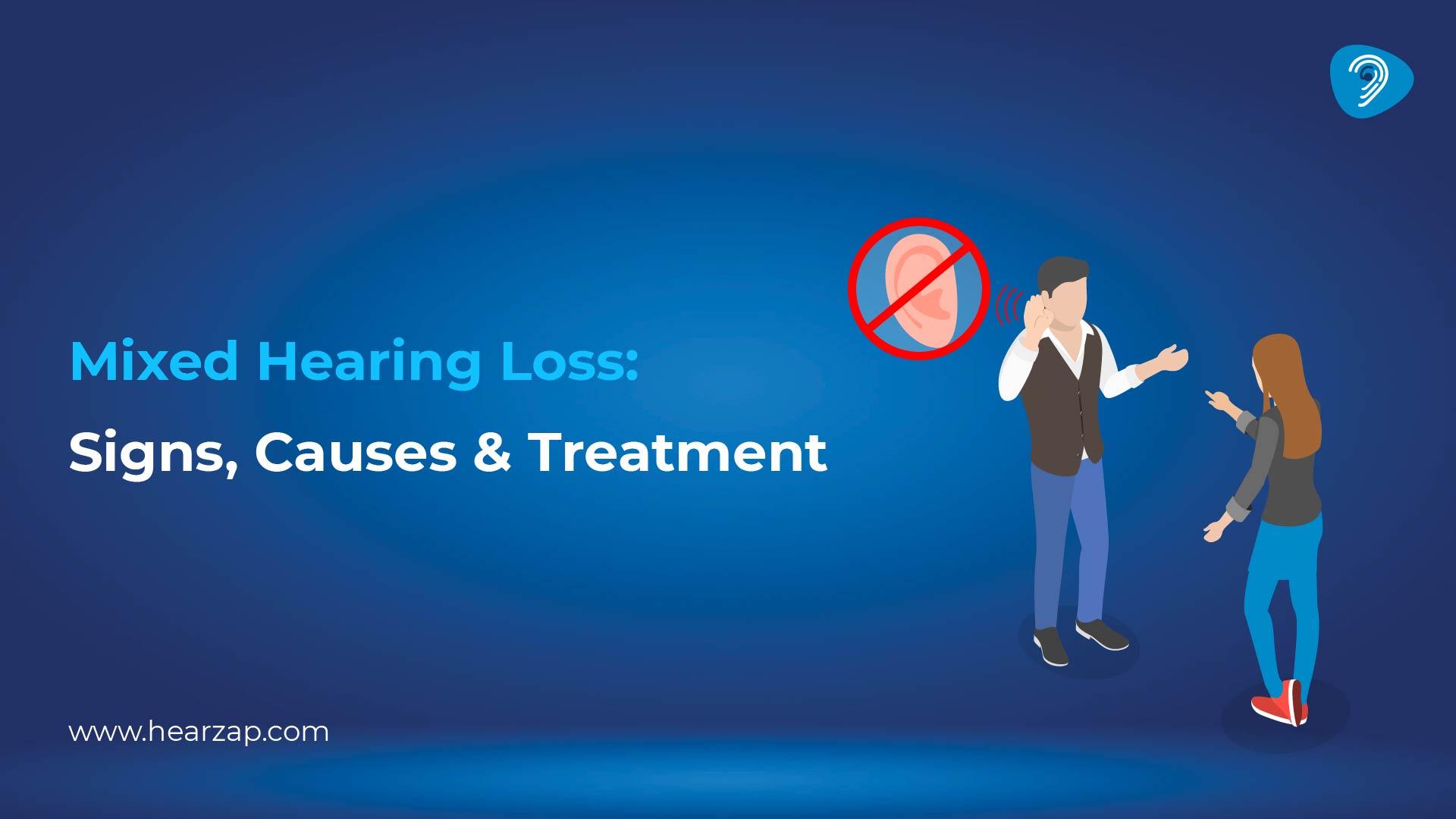
Mixed Hearing Loss: Signs, Causes & Treatment
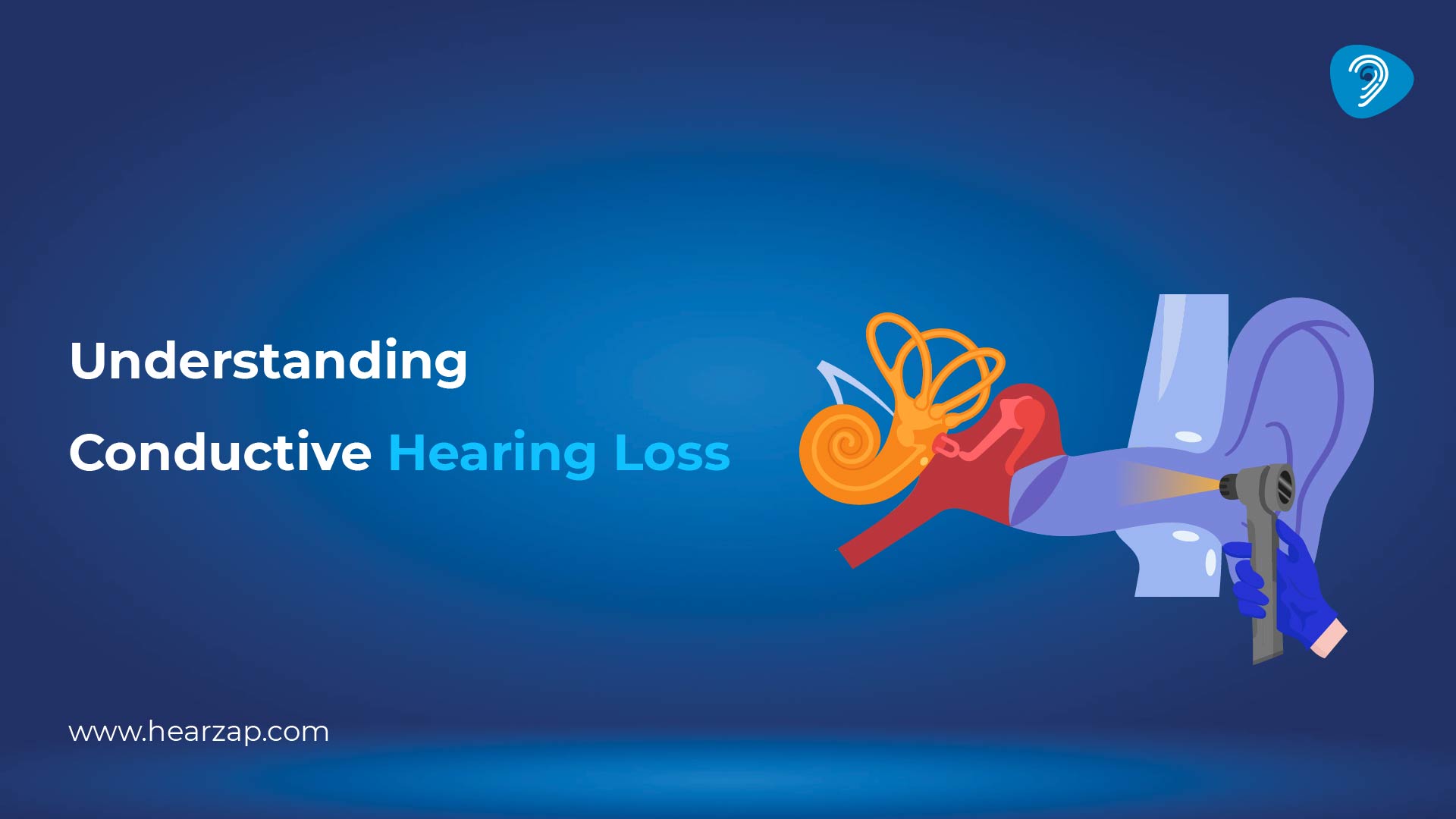
Conductive Hearing Loss: Symptoms, Diagnosis & Treatments
Contact us
We are here for all your hearing needs, from hearing tests to hearing aids. Fill out the form below, and we will give you a call soon.
Please enter a valid mobile number with 10 digits.
Recent Blogs
By None | Feb. 16, 2026
By None | Feb. 9, 2026
By None | Feb. 7, 2026
By None | Feb. 6, 2026
By None | Feb. 5, 2026









